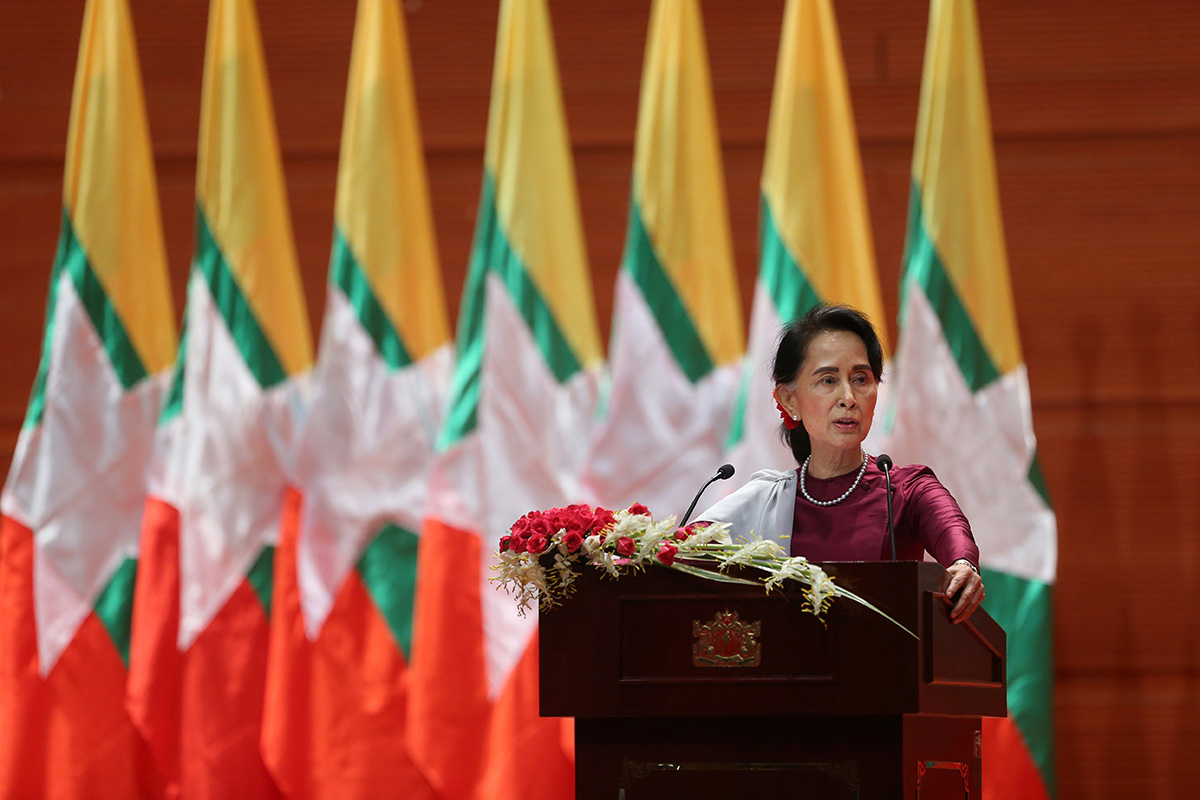Beleaguered Myanmar State Counsellor, Aung San Suu Kyi expressed that her government does not fear international scrutiny for the ongoing refugee crisis developing in the Rakhine State, in northern Myanmar.
“We too are concerned. We want to find out what the real problems are. There have been allegations and counter-allegations. We have to listen to all of them. We have to make sure those allegations are based on solid evidence before we take action,” she said to diplomats and journalists in Naypyidaw, the capital city of Myanmar.
The Nobel Peace Prize laureate had been heavily criticised over her silence on the crisis. Religious persecution against the Muslim minority Rohingya has been an ongoing crisis which has thrown the country into the international limelight for all the wrong reasons. According to the United Nations, over 400,000 refugees have already fled to Bangladesh and more are coming with each passing day.
“It is not the intention of the Myanmar government to apportion blame or to abdicate responsibility. We condemn all human rights violation and unlawful violence,” she stated in a televised address.
Suu Kyi called on the international community to join in on the endeavour to “find out why this issue is happening” and to provide constructive, innovative and daring solutions. She expressed her intentions of wanting to study areas within Myanmar where there has been peaceful co-existence between plural communities and find out how that can be applied to the affected areas.
“We invite you to join us, talk to us, discuss with us and go with us to the troubled areas. See for yourself what is happening and think for yourself what can we do to remove this problem,” she remarked.
Speaking for the first time since the recent spate of violence broke out on the August 25, 2017 Suu Kyi confirmed that a timeline has been developed to bolster the national verification process of the refugees who remain stateless due to the 1982 Citizenship Law in Myanmar.
However, she stressed that the process is often undermined by certain Muslim community leaders who do not want to participate in the verification process.
“We would appreciate it if all friends could persuade them to join in on the process because they have nothing to lose by it,” she said.
Inter-communal religious harmony understanding will also be further promoted by the introduction of a new curriculum in schools which would focus on moral and civic ideas. Aside from that, a new FM radio channel will be launched to disseminate information in the local languages including Bengali.
